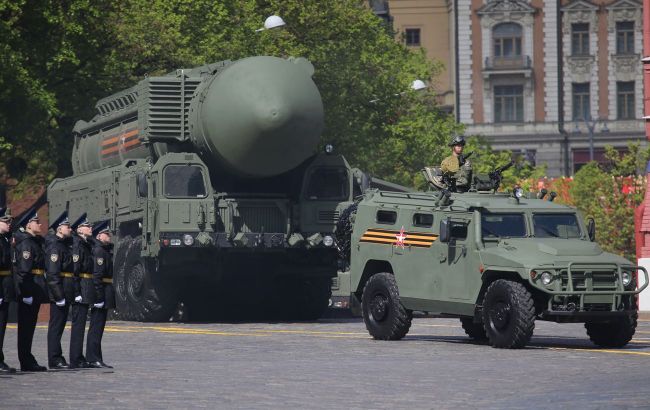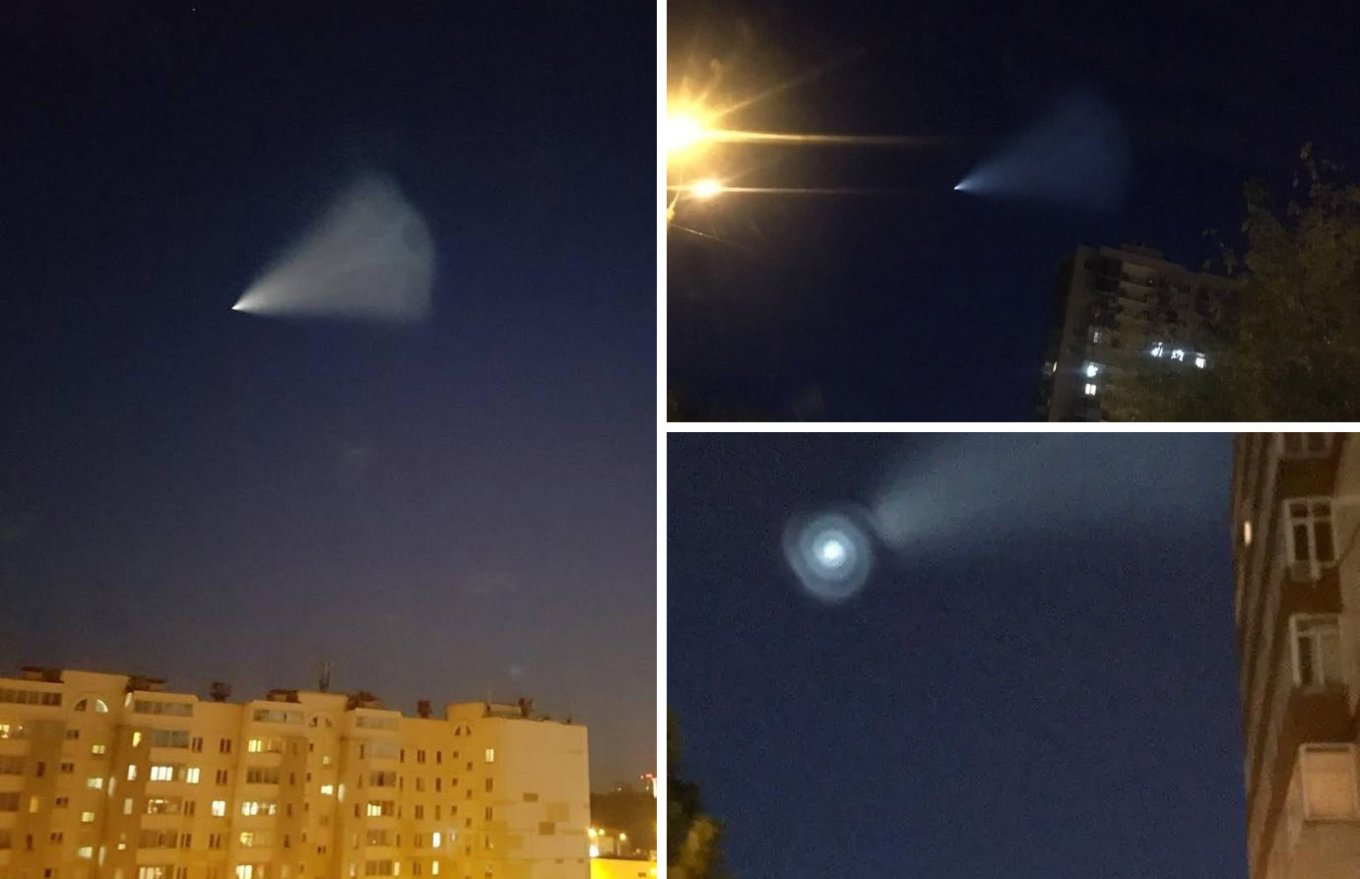Something went wrong: Russia's Yars intercontinental missile launch reportedly failed
 Illustrative photo: Russia planned to launch an intercontinental Yars missile at night, but something went wrong (Getty Images)
Illustrative photo: Russia planned to launch an intercontinental Yars missile at night, but something went wrong (Getty Images)
On the night of May 19, Russia planned to launch an RS-24 Yars intercontinental ballistic missile, but in the end, something went wrong, reports Defense Express.
Based on information from the Defense Intelligence of the Ukrainian Ministry of Defense, the launch site for the Yars was highly unusual — located in the Sverdlovsk region, near the settlement of Svobodny, where the 433rd Regiment of the 42nd Division of the 31st Army of Russia's Strategic Missile Forces is based. Additionally, the city of Nizhny Tagil is located about 25 kilometers from the launch site.
Therefore, it is highly likely that the missile launch would have been recorded by local residents, and the internet would have been filled with related photos.
 Photo: Russia planned to launch an intercontinental Yars missile at night, but something went wrong (defence-ua.com)
Photo: Russia planned to launch an intercontinental Yars missile at night, but something went wrong (defence-ua.com)
"Russians would also have had the opportunity to observe the missile in the air. Considering that the main Russian test range targeted by intercontinental missiles is Kura in Kamchatka, the missile's flight would have been visible across a vast territory of Siberia and the Russian Far East, from Khanty-Mansiysk to Magadan," Defense Express adds.
At this point, it is unknown why the Russians did not proceed with the launch of the Yars missile. However, as noted by Andrii Kovalenko, the head of the Center for Countering Disinformation, the Russian army already experienced a failed second launch of the Oreshnik missile shortly after the first one.
Threat of Yars missile launch
At the end of March, it became known that Russia was preparing military exercises involving nuclear warhead missiles, during which Yars intercontinental ballistic missiles would be used.
Yesterday, on May 18, Ukraine's intelligence reported that Russia was planning to conduct a training-combat launch of the RS-24 missile.
More details on its characteristics read in article "Up to 12,000 km of danger: Why Russia's RS-24 Yars missile poses nuclear threat."

